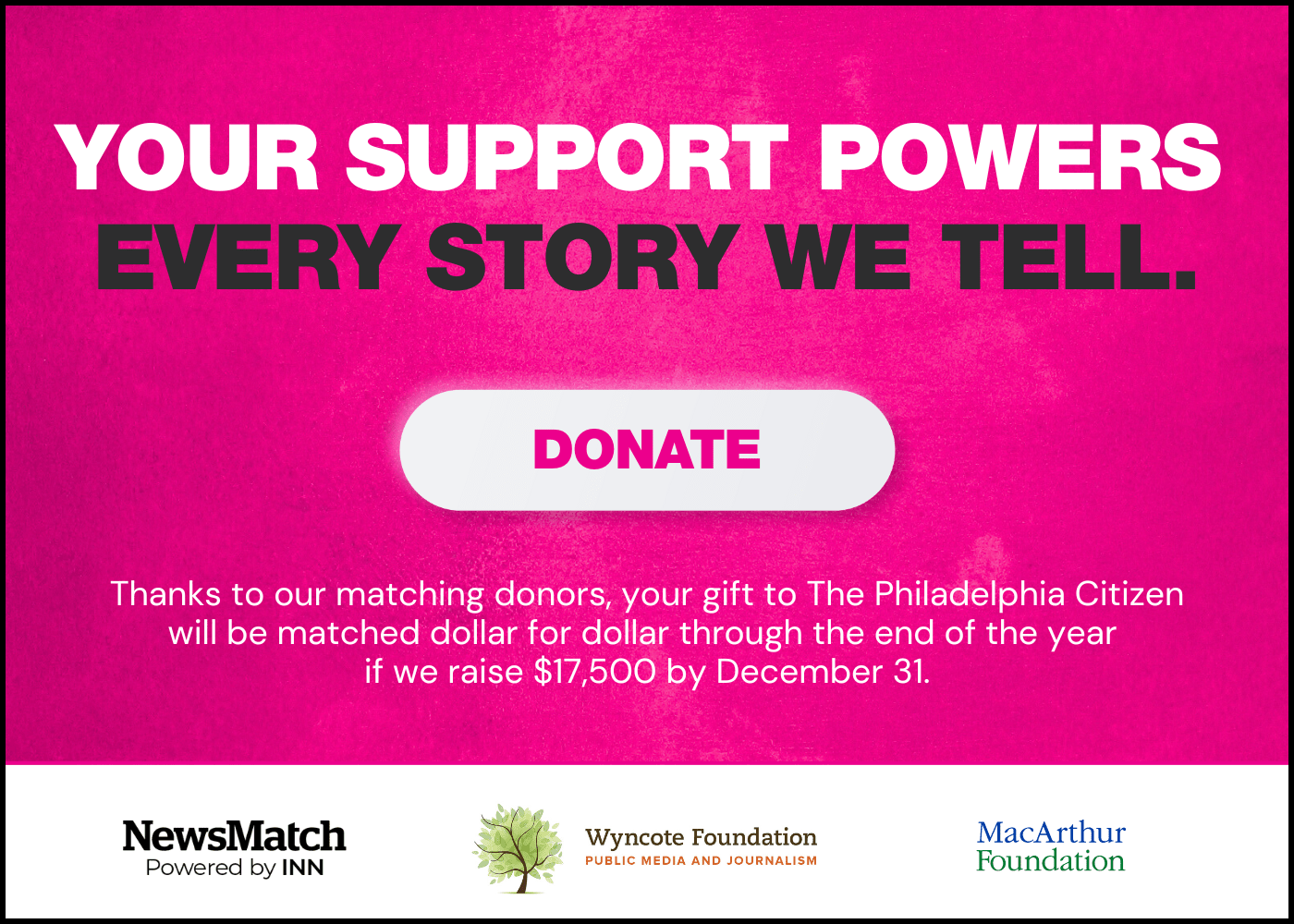Mayor-elect Cherelle Parker often relishes a lost fixture of Philly’s past: When neighbors were involved.
In an interview with the Inquirer, Parker recalled, “I was raised by my grandparents, but I wasn’t alone … all of the mothers and the fathers in the community sort of all helped to raise everyone. What are you doing? Where are you going? It was just a sense of community, dignity, pride — and, also, a little bit of fear.” We need a return to that golden age of attitudes about our neighborhoods.
The original (and better) social network
Social networks create the character of communities. The closer neighbors are, the better. Community members who know each other are more inclined to help each other: Shovel snow in front of neighboring houses, let families know if their children misbehave, get together and get along. Neighborly bonds lay the foundation for what norms will be tolerated, and these norms are vital to youths’ upbringing — and hold a key to solving the epidemic of unsupervised youths’ unruliness in this city.
Some people put the onus of child-rearing on parents. But norms established in a household grow stronger roots when people outside the home enforce them. When neighbors retreat into an every-parent-for-themselves mindset, neighborhoods grow weak, disconnected, and unsafe.
Neighborly accountability coupled with government policies that put Philadelphians on a “path to self-sufficiency,” as Mayor-elect Parker says, will make for a safer Philadelphia. But all of us, including community members, must do our part.
Individualism is a dangerous fallacy: You think you’re safeguarding your personal interests by minding your own business, when, in truth, minding community business guards your interests better than you can by yourself.
It, for example, is easier — and feels safer — to avoid chastising your neighbor’s middle schooler for smoking weed on your stoop. But that middle schooler becomes your problem when they reach high school, and they and their friends are smoking on your steps or leaning on your vehicle. (I live in a neighborhood where this happens.) When little kids get big, confronting them isn’t just an inconvenience: It’s intimidating and possibly futile. Why should the kids you let slide a few years earlier listen to you when they’re grown? Also, who wants to confront any member of a generation with a reputation for violence?
The effect of this is multiplied when there’s a myriad of children on your block that no one’s holding accountable. And, as children grow up, their networks grow from the block to around the corner, from around the corner to other parts of the neighborhood, and beyond.
Often, older Black neighbors, tired of the unruliness, call for heightened law enforcement. This is necessary. But the need for police, in many instances, is predicated by neighbors’ abdication of their collective duty to rear children in their neighborhood. Government isn’t the solution, although it’s part of it. The other half — the better half — is us, the community. As the African proverb goes, “It takes a village to raise a child.”
How to build a close community
Adults must constructively engage their young neighbors — and parents must be open to that engagement. Begin this engagement early by stopping by when a baby is born, saying hello, making sure families are well, and heaping praise on children going to school. But also let them know when you see them misbehaving. You probably won’t stop those middle schoolers from smoking, but you can make sure they know you have their best interests at heart and show your tough love side if and when they end up lighting up on your front steps. All parenting books say kids need boundaries. That advice doesn’t apply to parents alone. It also applies to all the people in a child’s village.
As children grow, show them you expect them to be good neighbors, too. Offer a few dollars to sweep your porch, request their help carrying groceries into the house, or ask for help getting down the steps. These small interactions build rapport with young neighbors that legitimizes instances when you chastise their socially destructive behavior — like selling drugs on another neighbor’s steps. (Something I’ve also experienced.)
While many of those socially destructive behaviors are linked to external factors like redlining, poor job accessibility, and an abysmal school system, it remains possible for poor Black people to take pride in their communities, respecting norms and contributing to their neighbors’ quality of life. As W.E.B. Du Bois put it, “Not even [slavery] was able to crush all manhood and chastity and aspiration from Black folk. A saving remnant continually survives and persists, continually aspires, continually shows itself in thrift and ability and character.”
There was a time when neighbors would not tolerate socially destructive behavior in their community. I’m reminded of a WURD Radio interview when City Councilmember Sharon Vaughn recalled seeing someone dump a McDonald’s bag on her street from their car. She ran, picked up the bag, and threw it back through the car window. Given prevalent violence, this may no longer be a prudent approach, but we need a return to that neighborhood pride and dignity that leads neighbors to hold folks accountable.
Neighborly accountability coupled with government policies that put Philadelphians on a “path to self-sufficiency,” as Mayor-elect Parker says, will make for a safer Philadelphia. But all of us, including community members, must do our part.
Bio: Jemille Q. Duncan is a public policy professional, columnist, and Gates Scholar at Swarthmore College.
![]() MORE FROM JEMILLE Q. DUNCAN
MORE FROM JEMILLE Q. DUNCAN






